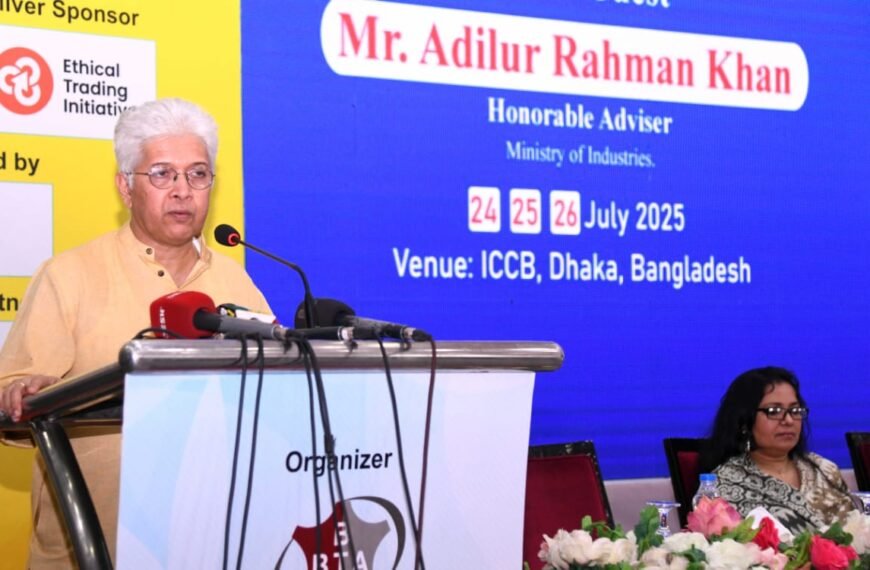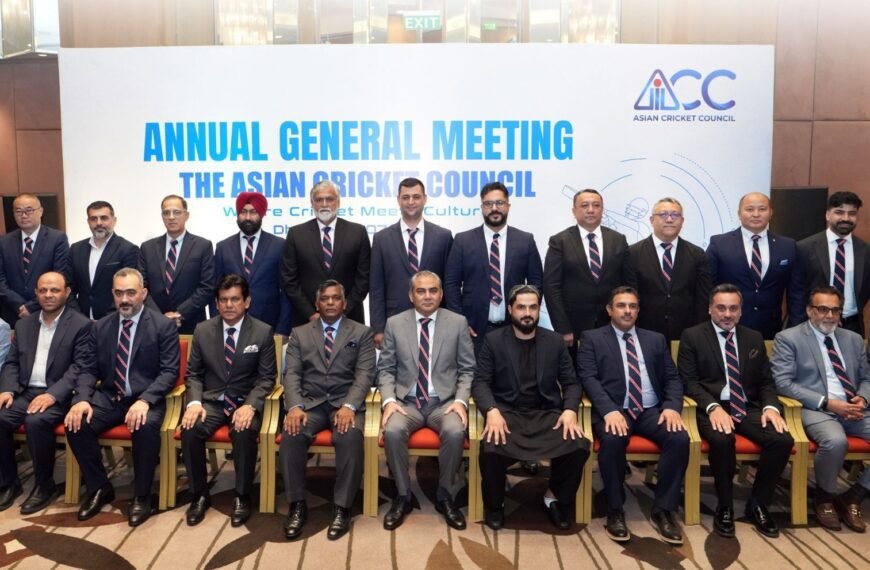The second amended ordinance of the Government Service Act, 2018 has been issued.
The ordinance, titled Government Service (Second Amendment) Ordinance, 2025, was officially promulgated on July 23, 2025, under the signature of Dr. Hafiz Ahmed Chowdhury, Secretary of the Legislative and Parliamentary Affairs Division under the Ministry of Law, Justice and Parliamentary Affairs.
According to the newly amended ordinance, if any government employee is involved in a protest or disrupts another government employee from performing their duties in violation of regulations, they may be subject to mandatory retirement or even dismissal from service.
Typically, when government employees engage in protests, they not only abstain from their duties themselves but also pressure others to do the same. While the ordinance does not explicitly use the term “protest,” legal experts interpret the language and implications as targeting such actions.
Section 37(g) of the revised ordinance states:
If any government employee obstructs another from attending work or performing duties, it will be considered misconduct that disrupts government functions. For such misconduct, the employee shall be liable to any of the penalties mentioned in subsection (2).
Subsection (2) outlines the following possible penalties:
(a) Demotion to a lower position or lower pay grade;
(b) Mandatory retirement;
(c) Dismissal from service.
The ordinance justifies the changes by stating that it is expedient and necessary to further amend the Government Service Act, 2018 (Act No. 57 of 2018) in order to meet certain objectives. As the Parliament stands dissolved and the President is satisfied that immediate action is required, the ordinance has been issued in accordance with Article 93(1) of the Constitution of the People’s Republic of Bangladesh. It shall come into effect immediately.
The revised ordinance also replaces Section 37A of the original act with the following provisions under the new Section 37A:
Special Provisions on Conduct and Punishment of Government Employees:
Notwithstanding anything contained in this Act or rules made under it, if any government employee—
(a) Disobeys lawful orders of superior authorities or obstructs the implementation of any government order, circular, or directive without lawful justification or incites others to do so; or
(b) Is collectively absent or abstains from work without leave or reasonable cause along with other employees; or
(c) Obstructs another government employee from attending or performing their duties—
Then such actions shall constitute misconduct disrupting government work and shall be punishable under subsection (2).Section 3 of the ordinance further states:
When disciplinary proceedings are initiated against a government employee under subsection (1), the appointing authority, or any person empowered by a general or special order for this purpose, shall frame charges and issue a show cause notice. The accused employee will be given seven working days to respond and must be informed of their right to a personal hearing.
The ordinance also mentions that no appeal can be made against an order issued by the President. However, the punished employee may apply for a review under Section 36 within thirty (30) working days of receiving the order, and the President may issue any order deemed appropriate.
Any orders made under subsections (10) and (11) of Section 12 regarding appeal or review shall be considered final.
Source: BSS




